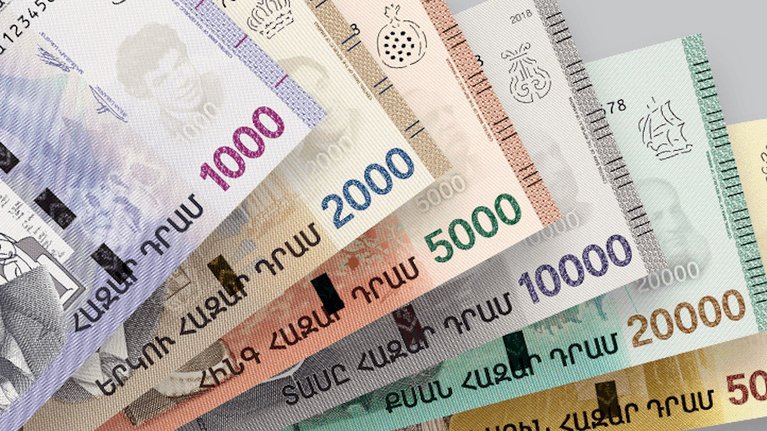The introduction of new 5,000 and 10,000 Burundian franc banknotes in Burundi has elicited mixed reactions from the public.
Under the new policy, the Bank of Burundi restricted cash deposits by individuals to a total of 10 million francs ($3,543) and by legal companies to a total of 30 million francs per day and per account.
There are reported cases of difficulty in exchanging old notes for new ones, particularly since the expiration of the deadline in June, but Faustin Ndikumana, an economist quoted by Reuters, argued that the policy was “beginning for the government to be able to start reforms, a necessary awareness to really break this cultural conservatism.”
“In Burundian culture … each person wants to keep his wealth at home”, Ndikumana added.
The current situation makes cash swaps difficult for unbanked persons. Chantal Mugisha, a merchant at the COTEBU market said, “When you don’t have a bank account, your old bills aren’t replaced. It’s impossible. They force us to open accounts at the bank when we have no means to add to an account.”
A Taxi driver in Bujumbura also lamented how he was unable to deposit his 170,000 Fbu (Burundian francs, about 54.8 euros) banknotes.
“I wanted to get gas from Gatumba and I heard that if I don’t have new bills they can’t give me gas. So I wonder how to deposit these notes in my boss’s bank account and I will be forced to stay in Bujumbura, I live inside the country,” the driver, Niyonkuru, said.
The Burundi outcry is similar to the cash scarcity in Nigeria earlier in the year when the central bank introduced new designs of the N200, N500, and N1,000 notes in an attempt to bring currency from outside the banking system into the banking system, thereby making monetary policy more effective in combating inflation.
Burundi’s central bank has promised to send representatives to remote places to help with the exchange.


 Metro2 days ago
Metro2 days ago
 Politics2 days ago
Politics2 days ago
 VenturesNow2 days ago
VenturesNow2 days ago
 Musings From Abroad2 days ago
Musings From Abroad2 days ago

















